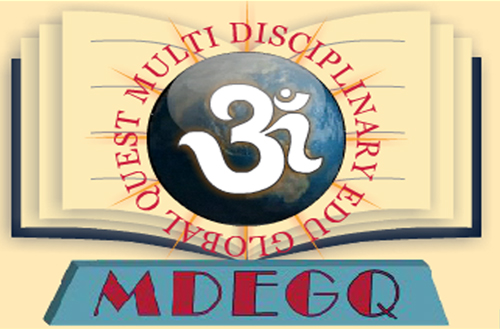Because of the globalization and privatization, rapid changes are taking place in the world. That is why, the need to acquire proficiency in English has been felt more than ever before. Communication-written as well as oral has become very necessary for the learners of English as a second language. In that case, the role of grammar instruction in an ESL/EFL context has been for decades a major issue for students and teachers alike.

Your International Online Journal